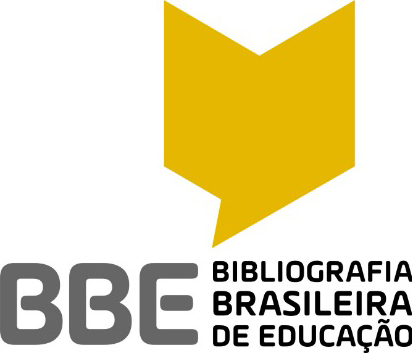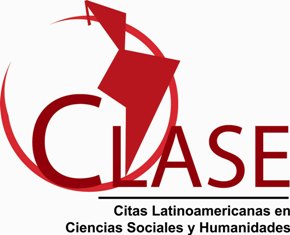A formação em educação literária na construção do professor como interlocutor qualificado
DOI:
https://doi.org/10.22169/revint.v16i39.2133Abstract
This article presents an action research project within the scope of a teacher training program in the field of Literary Education with five classes of teachers in the city of Porto (Portugal), whose aim is to analyze and produce knowledge about teaching practices and the pedagogical potential of Literary Education. Thus, we reflect on the importance of pedagogical paradigms by the way they influence the idea of School, the role of teachers in the definition of Literary Education and its importance as a pedagogical instrument added to the construction of the program. Therefore, paths are opened for reflection on Literary Education as a space for promoting democracy that motivates the construction of critical citizens about their context and that teacher training is recognized as an essential part of a reflective pedagogical action, appealing to the action of a teacher as a “qualified interlocutor” (COSME, 2009). In summary, we can conclude that through the cooperation between participating teachers and researchers, we had here the opportunity to combine perspectives and experiences on concepts and practices in Literary Education. The speeches about practices are opportunities to reflect on them. We also consider that what we define as a practice traces lines of action in pedagogical work, with its specific strategies and instruments.
Downloads
Downloads
Published
How to Cite
Issue
Section
License
Os direitos autorais dos artigos publicados na Revista são de acordo com a licença CC-BY-ND - Creative Commons ( https://creativecommons.org/licenses/by-nd/4.0/legalcode)
Esta licença permite que outras pessoas reutilizem o trabalho para qualquer finalidade, inclusive comercialmente; no entanto, não pode ser compartilhado com outras pessoas de forma adaptada e o crédito deve ser fornecido ao autor.
Os direitos autorais dos artigos publicados na Revista são do autor, com os direitos de primeira publicação para a Revista





























